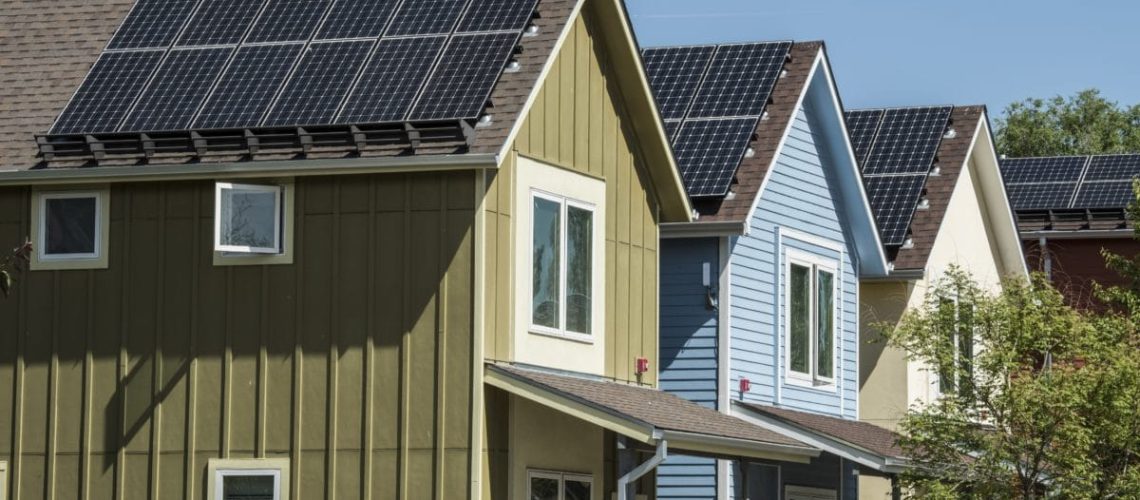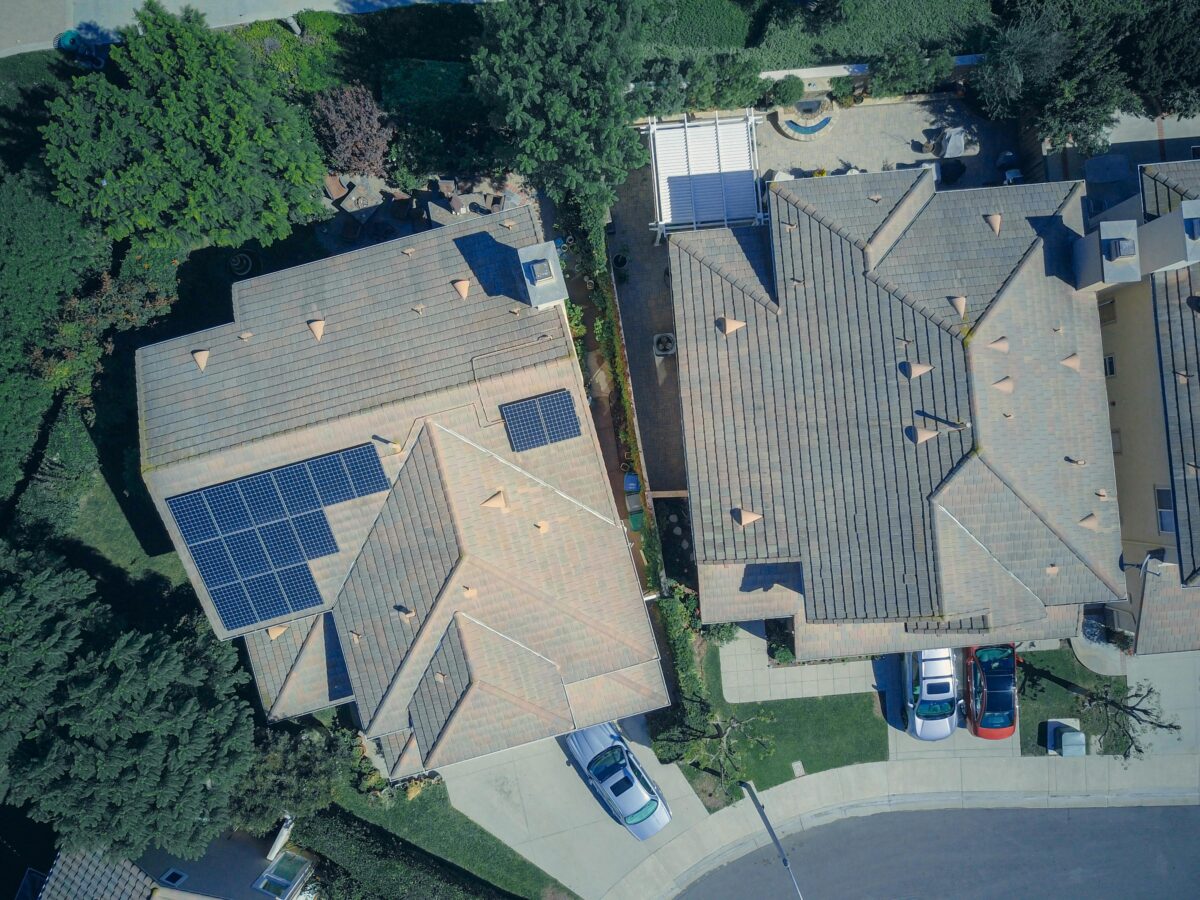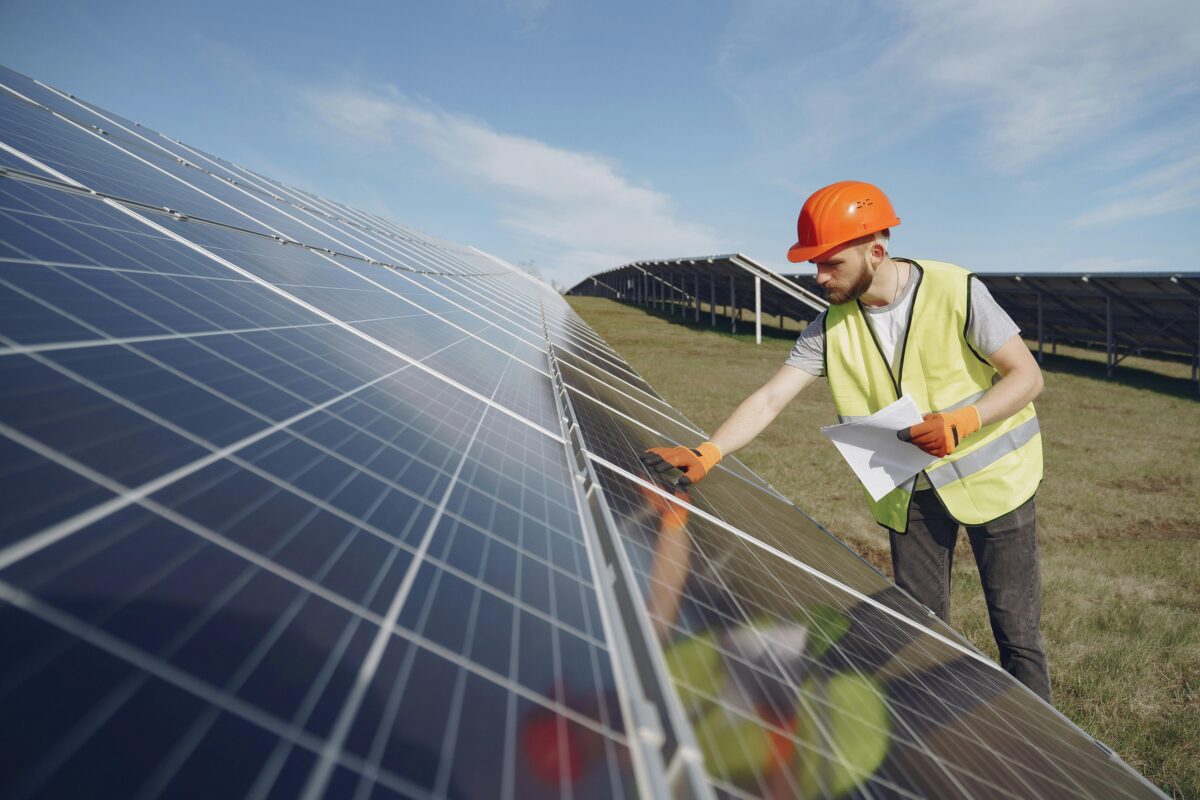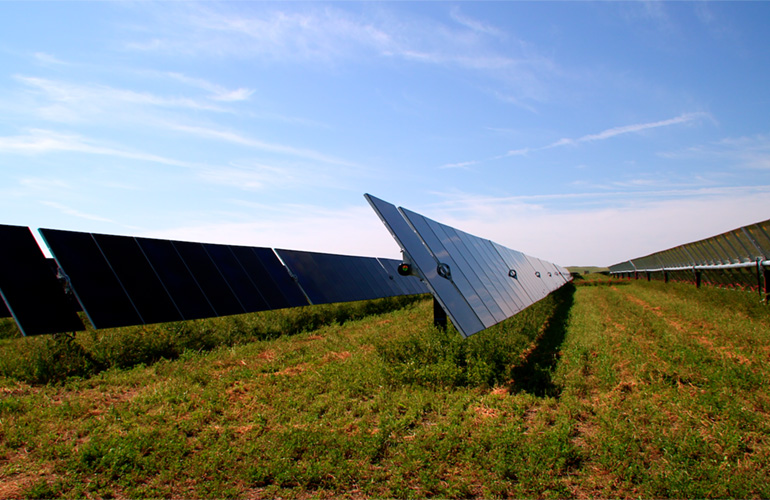In a settlement agreement with the Environmental Justice Coalition, Xcel Energy agreed to boost equitable access to rooftop solar, community solar, and battery storage. It will set aside $33 million for environmental justice communities and $53 million for community solar.
Colorado utility regulators voted unanimously to pass a multi-million-dollar settlement between utility Xcel Energy, the Environmental Justice Coalition, and other parties to support equitable clean energy buildout in the state.
Xcel Energy is a large utility serving 1.3 million electric and 1.2 million gas customers in Colorado. Following negotiations with environmental justice groups, the utility has agreed to a 2022 to 2025 Renewable Energy Plan.
The agreement calls for a dedication of $32.8 million toward renewable energy programs and incentives for income-qualified customers and disproportionately impacted communities. The plan calls for lowered costs for solar installation, expanded access to community solar, and increased community engagement and education.
The settlement also sets aside $6.5 million for approximately 10 MW of energy storage. An additional $1.6 million is dedicated to create incentives for low-income and historically disadvantaged communities. Xcel will use the Colorado Department of Public Health and Environment’s mapping tool EnviroScreen to identify these communities and propose programs.
Community solar projects under the plan are estimated to receive up to $52.6 million from the settlement. The plan also calls for $250,000 annually to support workforce training and development.
Xcel Energy also plans a $4.75 million flexible budget for community engagement and outreach programs. The utility has committed to working with environmental justice nonprofits to tailor culturally and linguistically appropriate outreach efforts.
“The settlement is a major step forward towards a more equitable renewable energy future in Colorado and helps even the playing field for who has the opportunity to benefit from renewable energy access in our state. It also represents an important step towards establishing community engagement processes to increase the diversity of voices and perspectives considered by the Public Utility Commission, which will strengthen PUC decision making to the benefit of all Coloradans,” said Tom Figel, senior director of policy and business development with GRID Alternatives.
The Environmental Justice Coalition, which spearheaded the settlement, consists of Vote Solar, GRID Alternatives, Cultivando, Colorado Latino Forum, GreenLatinos, Womxn from the Mountain, NAACP Denver, and Mothers Out Front–and is represented by Earthjustice. The Colorado Public Service Commission approved all aspects of the settlement program.
“Low income and community solar has a major role to play in an equitable energy transition, and it’s incredibly exciting to see Xcel recognize that,” said Juan Roberto Madrid, GreenLatinos Colorado clean transportation and energy policy advocate.
Colorado has enormous solar potential with a rapidly growing population and over 300 sunny days per year. It currently has enough solar installed to power almost 450,000 homes, according to the Solar Energy Industries Association (SEIA). SEIA projects the state may install nearly 4 GW of solar over the next five years, as compared to the 2.2 GW installed cumulatively thus far.
The state was one of the first to enact a Renewable Energy Standard, which has paved the way to help create a market for the 330 solar companies in operation and nearly 7500 Coloradans employed in solar. To date, SEIA estimates that $5 billion has been invested in solar in the Rocky Mountain State.
“We’re so thankful to everyone who engaged in Xcel’s Renewable Energy Standard Plan process,” said Claudine Custodio, senior regulatory manager at Vote Solar. “Coloradans made it clear that they are ready to move further and faster toward a resilient, clean energy future that prioritizes environmental justice.”






